Monash University researchers have developed the world’s most efficient lithium-sulphur battery, capable of powering a smartphone for five continuous days.
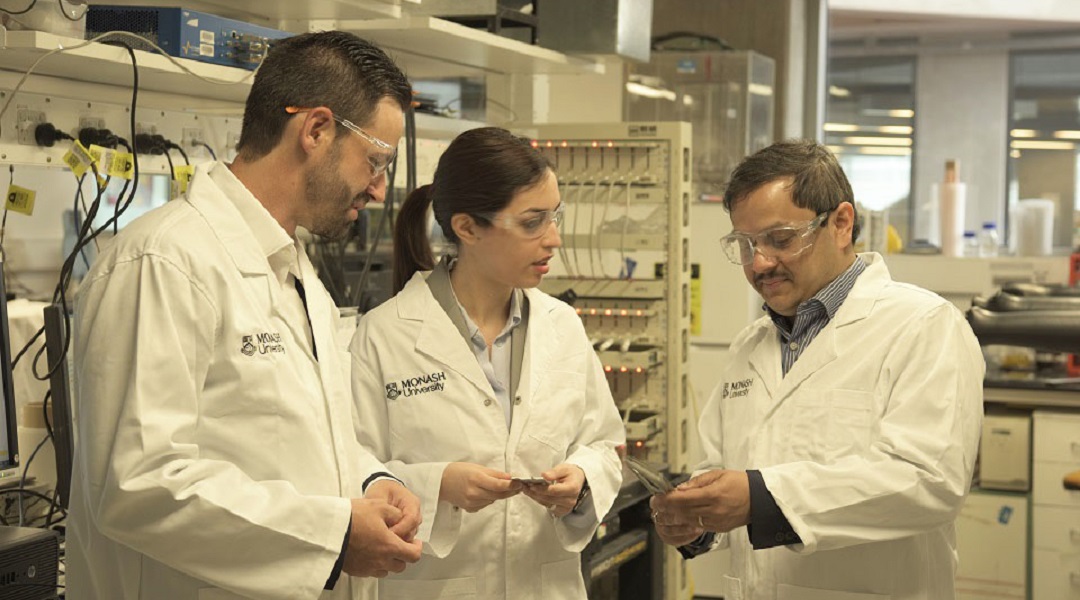

Monash University researchers have developed the world’s most efficient lithium-sulphur battery, capable of powering a smartphone for five continuous days.

Nano-silicon is an attractive tool in the field of environmental remediation, specifically when it comes to cleaning up oil spills from underwater drilling and hydraulic fracking.
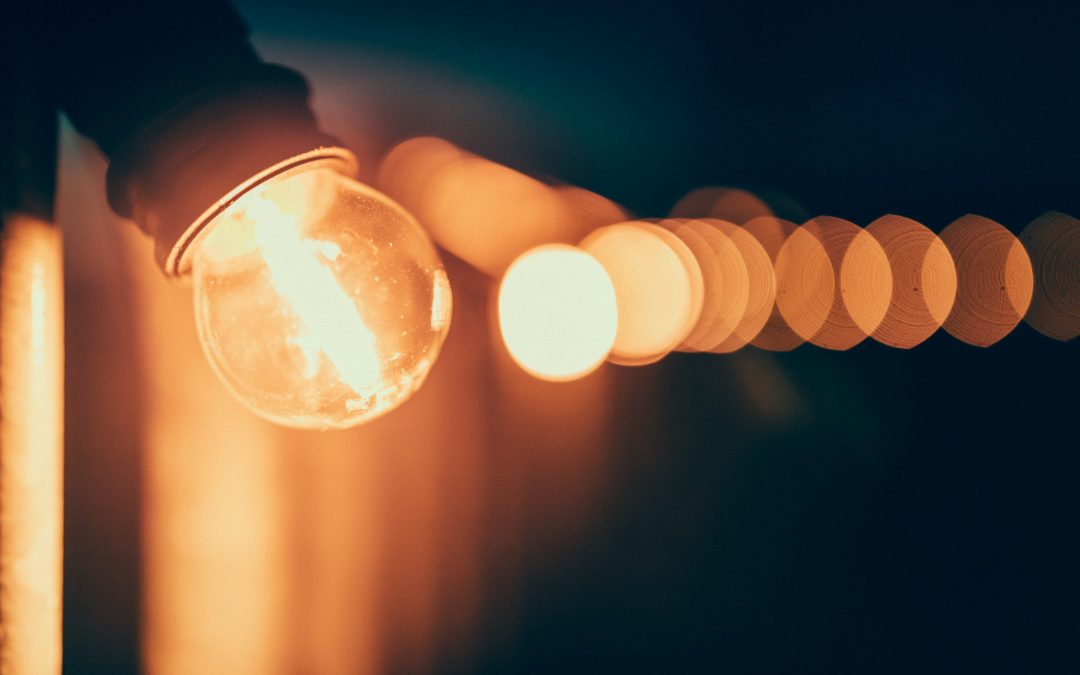
Johannes Betz of the University of Münster identifies the key metrics required to properly evaluate and compare rechargeable battery systems.
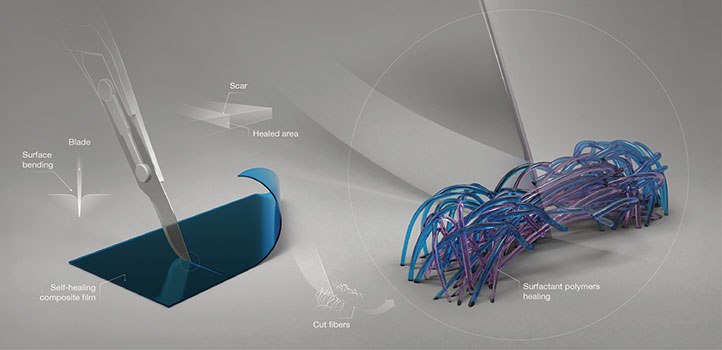
Sensors that are worn on the skin could soon be powered by our own body heat.

Exploring a fossil-fuel free industrial revolution prompts us to consider the grave risks we’re taking by not making every concerted effort to rapidly fix our global environment.
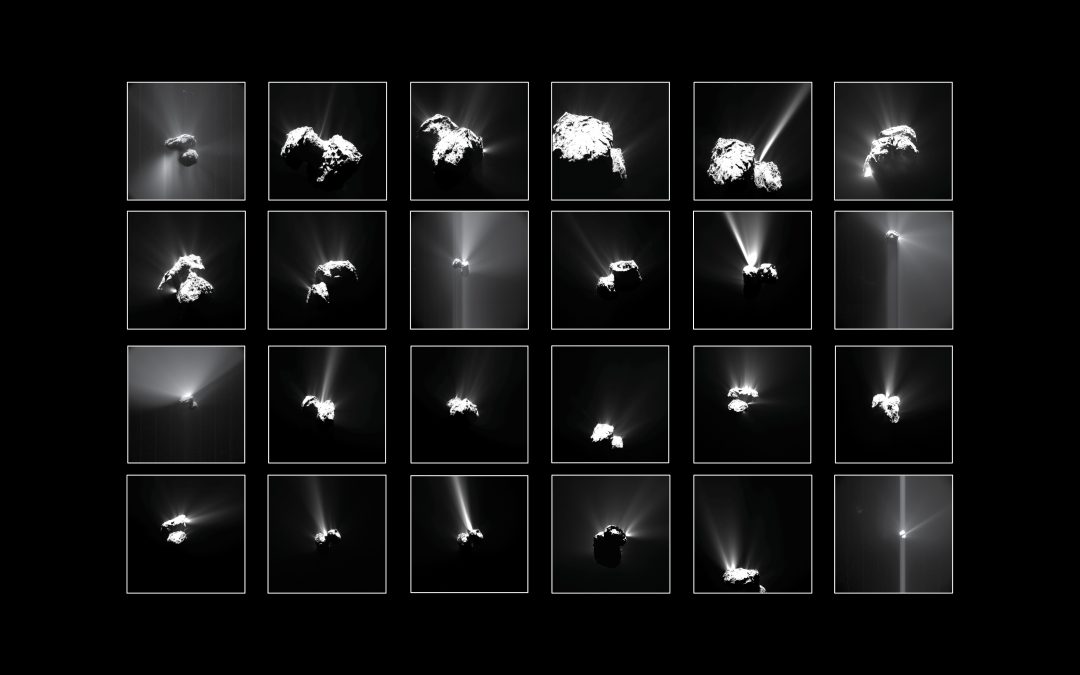
In 2014, scientists achieved the first ever soft landing on a comet, forever pushing the boundaries of space exploration.
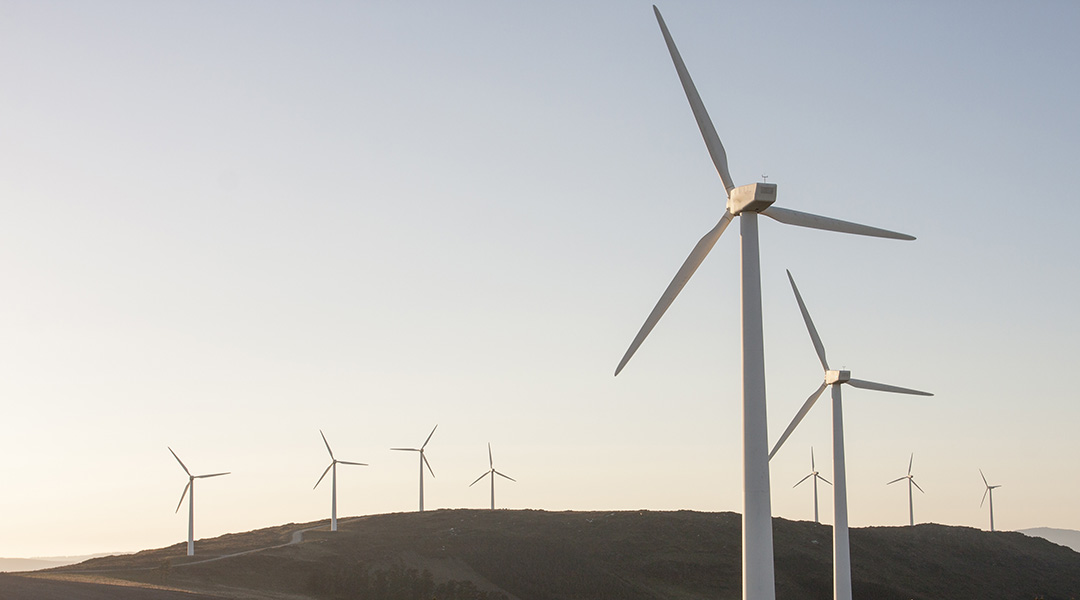
A novel catalyst with activity 20x higher than platinum could be used to store and retrieve energy stored in chemical bonds.
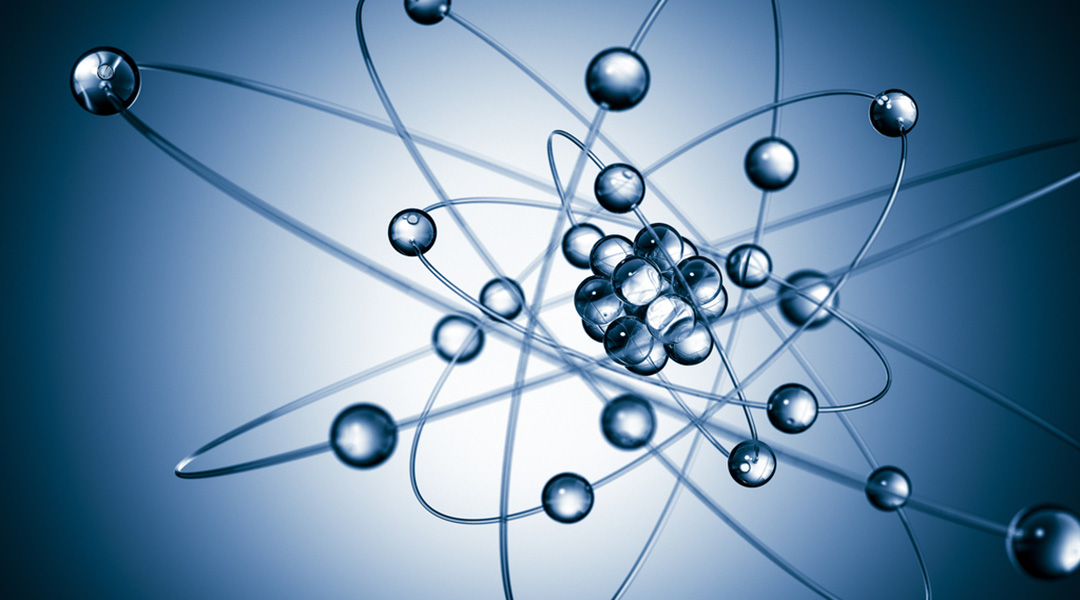
Michal Leskes and Shira Haber assess the capabilities of NMR in analyzing solid-state interfaces.
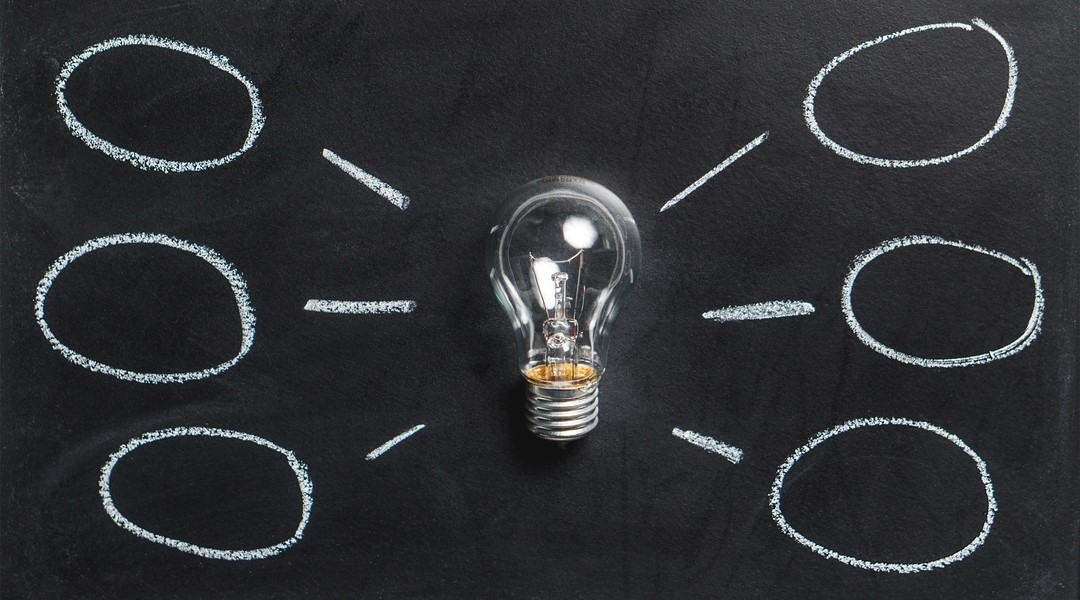
A new machine learning algorithm that can predict battery performance and failure beyond the expert level.
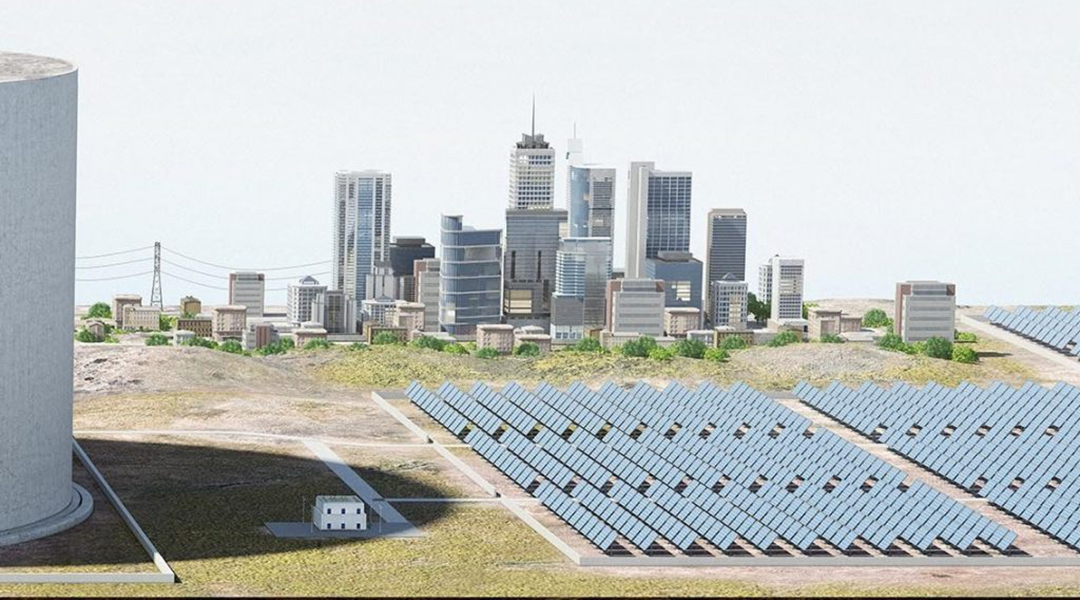
A new solution for large-scale energy storage through the hydraulic lifting of large rocks.